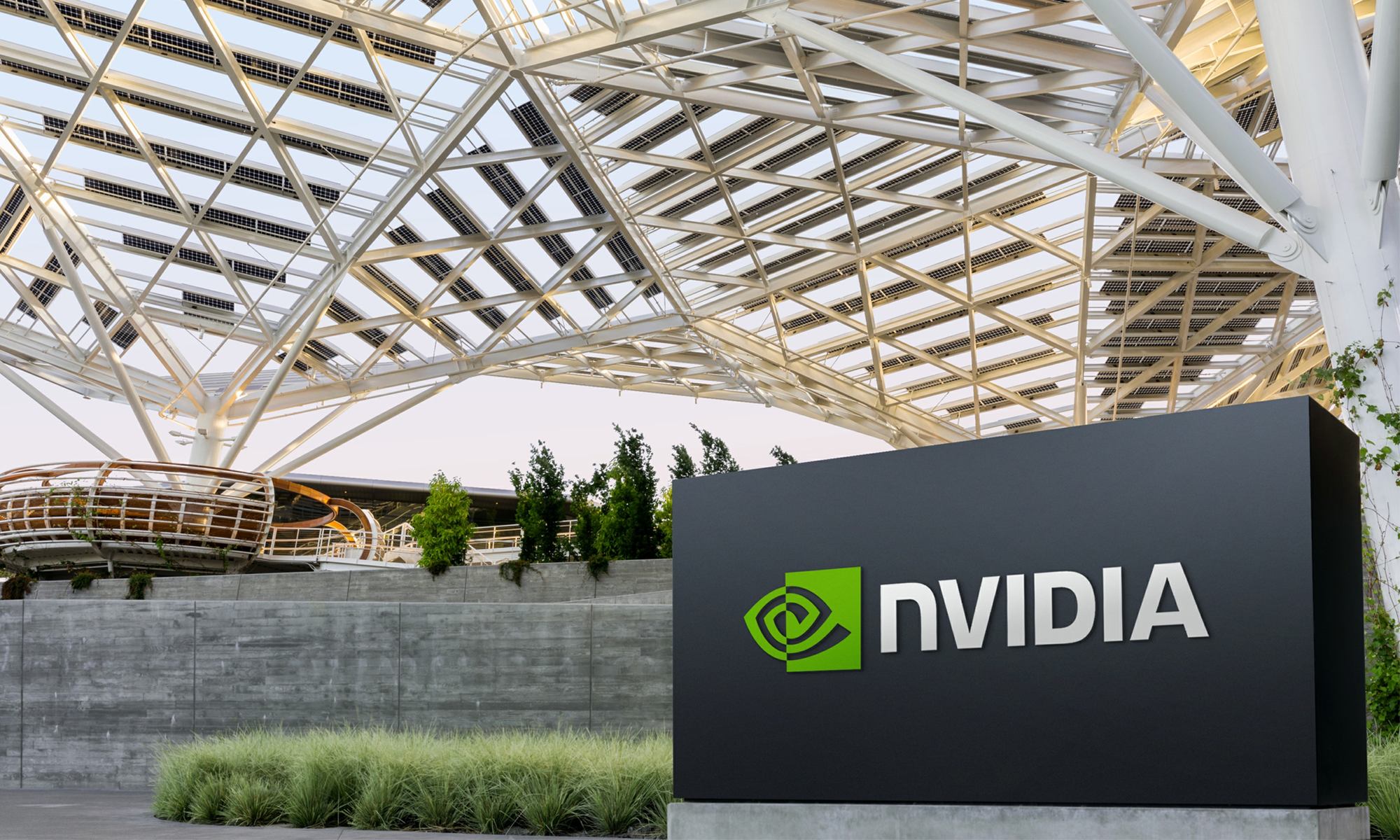When NVIDIA (NVDA 2.84%) launched its GeForce Now cloud gaming service earlier this month, it generated more positive buzz than Alphabet's (GOOG 1.19%) (GOOGL 1.16%) Google Stadia, for three main reasons.
First, gamers could stream games they already purchased on an existing DRM platform -- including Valve's Steam, Ubisoft's UPlay, Bethesda Launcher, and the Epic Games Store -- instead of purchasing them again on Stadia. GeForce Now also offers more free-to-play games than Stadia.
Second, NVIDIA launched a free tier that capped gaming sessions at an hour, while Stadia still hasn't introduced its free tier yet. Lastly, NVIDIA's paid tier, which offers wait-free extended playtimes, costs just $5 a month -- compared to Stadia Pro's $10 price tag.
Those advantages suggested that GeForce Now could smother Stadia before it even launches its free tier. However, Activision Blizzard (ATVI +0.00%), which originally offered native support for 20 games on GeForce Now, recently pulled all its titles from NVIDIA's platform.

Image source: NVIDIA.
Why did Activision Blizzard take its ball and go home?
NVIDIA attributes its loss of Activision's library -- which includes its Call of Duty games, Overwatch, and Hearthstone -- to a "misunderstanding" between the companies. It subsequently told Bloomberg that Activision believed that their agreement would only last during GeForce Now's beta test and that the companies would strike a new commercial agreement once the service was officially launched. However, NVIDIA wasn't interested in signing a new deal, presumably because it would cause other publishers to demand similar deals.
Activision Blizzard also notably struck a deal with Google last month, which allowed its games to be exclusively streamed on YouTube and rely on Google Cloud as a "preferred" infrastructure provider. Recent rumors suggest that Activision could migrate all of its GeForce Now games to Google Stadia as an expansion of that deal.
What's Activision's angle?
Google sorely needs to add more exclusive games to Stadia. It only offered one exclusive game, Tequila Works' GYLT, at the beginning of the year. It promised to add more than 10 exclusive games in the first half of 2020, but details regarding those games are scarce.

GYLT. Image source: Tequila Works.
If Activision brings its games to Stadia, it will significantly expand its current library of nearly 50 titles. It could also offer timed exclusives of upcoming games. But more importantly, gamers who want to play Activision's games on Stadia will need to purchase them again -- even if they already own them -- which generates extra revenue for the publisher.
That's the exact opposite of the business model NVIDIA and Microsoft's (MSFT 2.86%) upcoming platform xCloud are promoting, wherein gamers who already own a game can stream it without buying it again.
Could this rumored partnership help Activision or Google?
Activision's removal of its games from GeForce Now could hurt NVIDIA, but cozying up to Google probably won't win over many gamers either.
Gamers who already own Activision Blizzard's titles won't be eager to buy them again on Stadia, and its existing games -- most of which are available across multiple platforms -- probably won't convince enough gamers to sign up for Stadia.
But it's all speculation for now
It's unclear why Activision parted ways with NVIDIA, but it wouldn't be surprising if the game publisher expanded its deal with Google to include Stadia exclusives.
But there are still plenty of other possibilities. Activision could strike a deal with Google to allow previously purchased games to be played on Stadia, it might offer some of its games for free on Stadia, or it could even be developing its own cloud gaming platform to compete against GeForce Now, Stadia, and xCloud.
In short, it's all speculation for now. However, the rifts that are already forming between tech companies and gaming publishers could eventually lead to a fragmentation of the nascent cloud gaming market -- which could create a battlefield of licensing rights akin to the current conflicts in the streaming video market.









